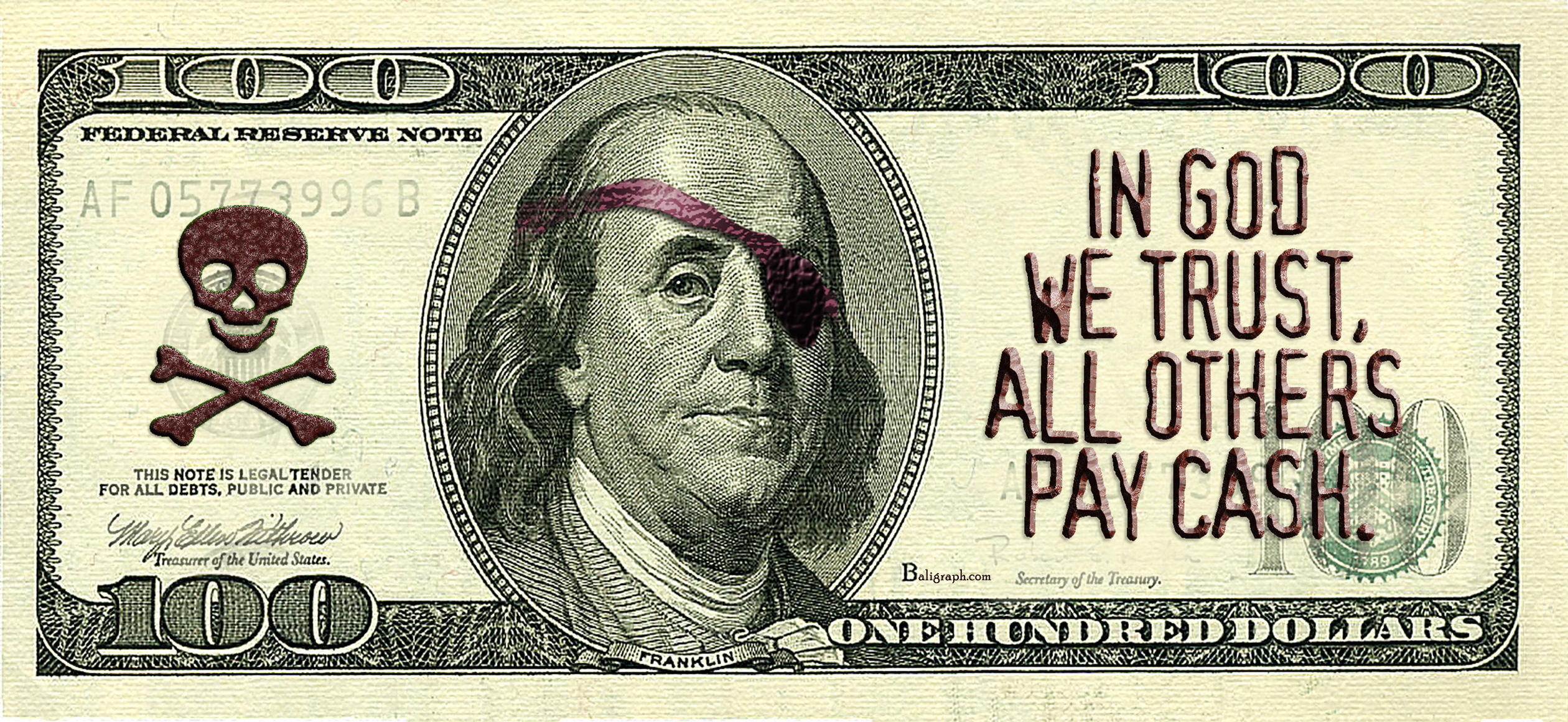
The title of Gwynne’s article on Suboxone is “Doctors and
Dealers Battle for Addicts.” Will that be the situation in Scioto County and in
Portsmouth in particular? Is there already, a competition between doctors and drug dealers for addicts? Is there already a black market for
Suboxone?
A British conglomerate, Reckitt-Benckiser (RB), originally developed Suboxone. Many of the cleaning, polishing, and other
household products in the American homes are manufactured by RB, which
hadn’t had much experience with
pharmaceuticals. RB originally manufactured Suboxone in pill form, but the U.S.
Food and Drug Administration notified them that an alarming number of children
were being poisoned by the drug. Reckitt-Benckiser made the drug child-proof by
producing Suboxone in strips, which are placed under the tongue, where the drug
is slowly absorbed into the blood stream. Since the law requires bottles with
dangerous drugs to have child-proof caps, the question arises just how kids
were getting access to the pills. The only answer that I can think of (Reckitt-Benckiser
didn’t provide an explanation on their website: click here) is that the child-proof caps on
medicine bottles in households with drug- addicted adults were not always put
back on once they were taken off, nor were they likely put back in the medicine
cabinet, if they had even ever been put there. This problem serves to remind us that drug-addicted people do not,
probably cannot, act responsibly, even when the safety of children is
concerned.
In God We Trust. All Others Pay Cash
The doctors and pill mills of Scioto County did a cash
only business with oxycodone. Will it be the same in Portsmouth with Suboxone? If so, we can expect that addicts, some of whom will be attracted to Portsmouth because of Suboxone dispensing “counseling centers,” will turn to breaking into homes and cars to help
pay for the drug, as they did with oxycodone. Because counseling centers, like the pill
mills, will be bringing money into the city, the tendency will be to scrutinize
them less closely, especially if they are advertising in the Daily Times and the Community Common, but the price the community may have to pay for the kind of patients, or customers, counseling centers attract will in the final analysis be much too high, even higher than the $35,000 Joe couldn’t pay every ninety days.
You put Suboxone
under your tongue and what do you get,
Ninety days older and $35,000 in debt.
St. Peter don’t open those Pearly Gates 'cause I can’t enter,
I owe my soul to the counseling center.
| A sub-lingual Suboxone strip |

No comments:
Post a Comment
Note: Only a member of this blog may post a comment.